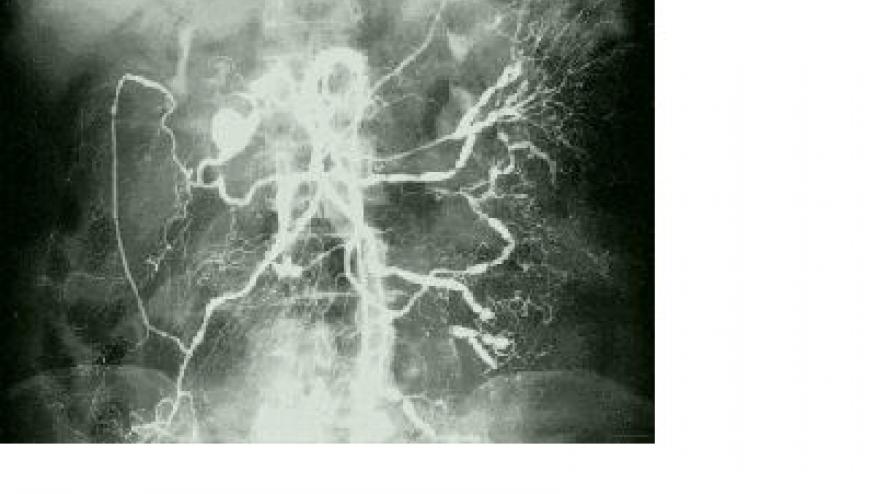PEXIVAS - Plasma Exhange Fails to Boost Outcomes in Severe AAV Save

Patients with antineutrophil cytoplasmic antibody (ANCA)–associated vasculitis may have severe or life-threatening disease. It is unknown if ther addition of aggressve plasma exchange therapy can signficantly improve outocomes.
The PEXIVAS randomized control trial addressed this question and showed that plasma exchange did not reduce the incidence of death or ESKD. A reduced-dose regimen of glucocorticoids was noninferior to a standard-dose regimen with respect to death or end-stage kidney disease (ESKD).
This trial evaluated 352 patients with severe ANCA-associated vasculitis (defined as a GFR 50 cc or diffuse pulmonary hemorrhage). Patients were given 2 different regimens of glucocorticoids and then randomlized to seven plasma exchanges for 14 days or no plasma exchange. Patients were followed for up to 7 years for the primary composite outcome of death from any cause or ESKD.
Death or ESKD occurred in 28% in the plasma-exchange group and in 31% in the control group (hazard ratio, 0.86; 95% confidence interval [CI], 0.65 to 1.13; P=0.27).
Death from any cause or ESKD occurred in 28% in the reduced-dose steroid group and in 25.5% of the standard-dose steroid group, which met the criterion for noninferiority.
Serious infections at 1 year were less common in the reduced-dose group than in the standard-dose group (incidence rate ratio, 0.69; 95% CI, 0.52 to 0.93), but other secondary outcomes were similar in the two groups.
In those with severe ANCA-associated vasculitis, the use of plasma exchange did not alter the outcomes of death or ESKD.










If you are a health practitioner, you may Login/Register to comment.
Due to the nature of these comment forums, only health practitioners are allowed to comment at this time.